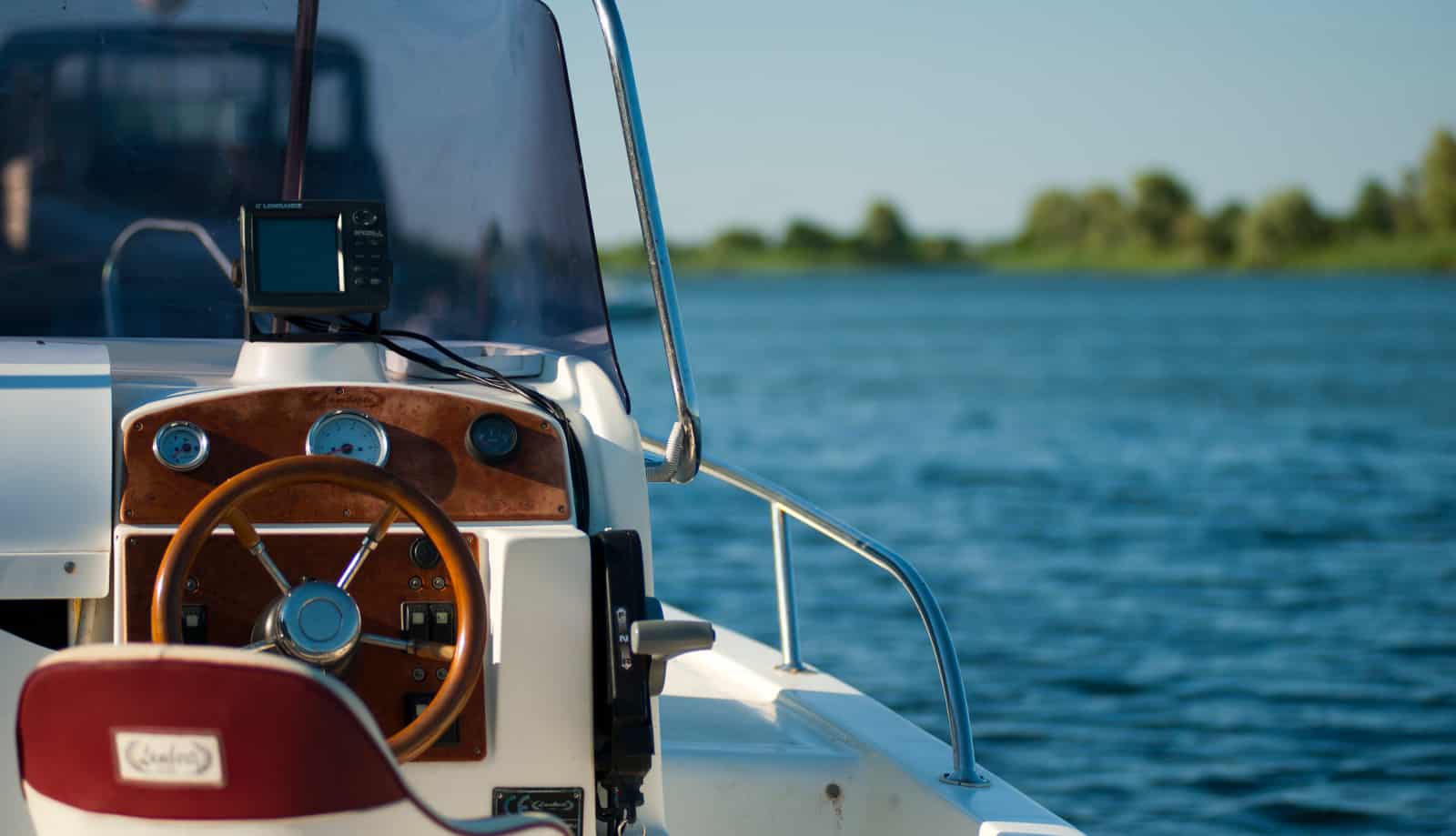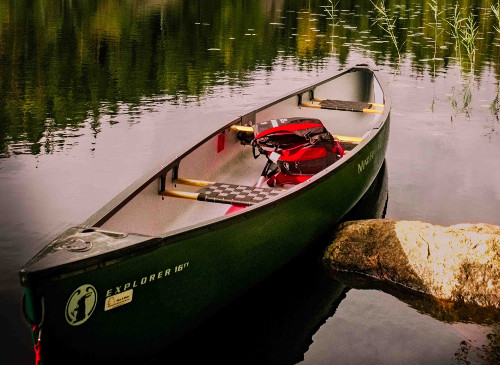GET IN TOUCH
Please contact us for more information. Our email is monitored seven days a week and we will get back to you shortly.

Clearly the Collision Regulations (ColRegs) under the Canada Shipping Act 2001 serve an important purpose in promoting the safe navigation of vessels in international, coastal and non-coastal waters. Like laws governing motor vehicles on land, these rules of the sea reduce the risk of damage through collision by requiring predictable behavior. Mariners expect other mariners to follow the ColRegs. These expectations, if met, lead to fewer collisions and greater efficiency in shipping. The vast majority of fatal marine accidents occur on commercial vessels, specifically in the fishing industry.
In an incident at the Gouin Reservoir in Québec, a group of fishermen in a small rowboat were hit by a larger boat, resulting in the fishermen being injured and their rowboat being severely damaged. As the larger boat was set on course directly towards their rowboat, the fishermen stood up, waved their arms, and whistled and shouted in an attempt to get the attention of the boat’s captain. They had noticed the boat heading straight towards them from an estimated 1.5 km away. The fishermen’s rowboat had been anchored in place for about three hours and would not have been able to move out of the way before the boat would reach them.
The boat continued in its path, without any attempt to slow down or avoid the rowboat. In the last moments before impact, the fishermen jumped out of the rowboat and into the water. A third party that was also fishing, noticed the collision and headed to the scene to rescue the fishermen. They arrived to one of the fishermen at the bottom of the boat screaming in pain. He was eventually transported to the hospital, where he stayed for two days. He had injured his leg and shoulder, claiming that his shoulder continued to cause pain for four years after the injury.

Since this was a collision between boats, federal maritime law applied to the case. Even though this happened in Québec, one could still expect similar legal recourse in BC or any other province in Canada. The fishermen chose to sue the boat’s driver because of the property damage and injuries sustained.
In the case of a moving ship colliding with a non-moving ship, it is presumed that the moving ship is at fault, not the stationary ship. To defend this claim, the defendant had the burden of reversing the presumption of fault. The defendant argued that he didn’t see or hear the fishermen in the rowboat. Even after the collision, he thought that it was simply a rock or tree trunk that he hit. He further claimed that since the boat was aluminum, the grey colour was difficult to see and the fishermen were not wearing brightly coloured life jackets to maximize visibility. The third party that arrived at the scene after the incident, explained in court that the visibility was in fact good at the time. They claimed that they had easily seen the small rowboat from approximately 1 km away.
The judge ruled that the defendant failed to fulfill his obligations according to the ColRegs. The defendant did not prove that this collision was the fault of the plaintiff or that the collision was an unavoidable accident. The cause of the accident was that the defendant was not paying close enough attention to his course of movement and was not using the appropriate equipment to avoid such collisions. He had sailed this route many times and was not using any GPS tools which could have detected the rowboat before the collision. The negligence of the defendant was deemed to be the sole cause of the collision. The plaintiffs were awarded about $50,000 for damages.
While the victims of the collision won their case and received compensation, it’s always preferable to avoid a collision all together. For those planning fishing trips with their friends, we encourage you to wear brightly coloured life jackets at all times on the water. Other precautions, such as being equipped with loud whistles like an air horn, can save you from being the victim of a marine collision. If you’re someone who operates a large vessel, even if you’re on a familiar route, always use the proper equipment to ensure no accidents take place. It can be difficult to spot small rowboats, however, with the proper equipment and awareness it should not be a problem.
Looking for more information? Read our page on the basics of marine law.
Have a question about this topic or a different legal topic? Contact us for a free consultation. Reach us via phone at 250-888-0002, or via email at info@leaguelaw.com.